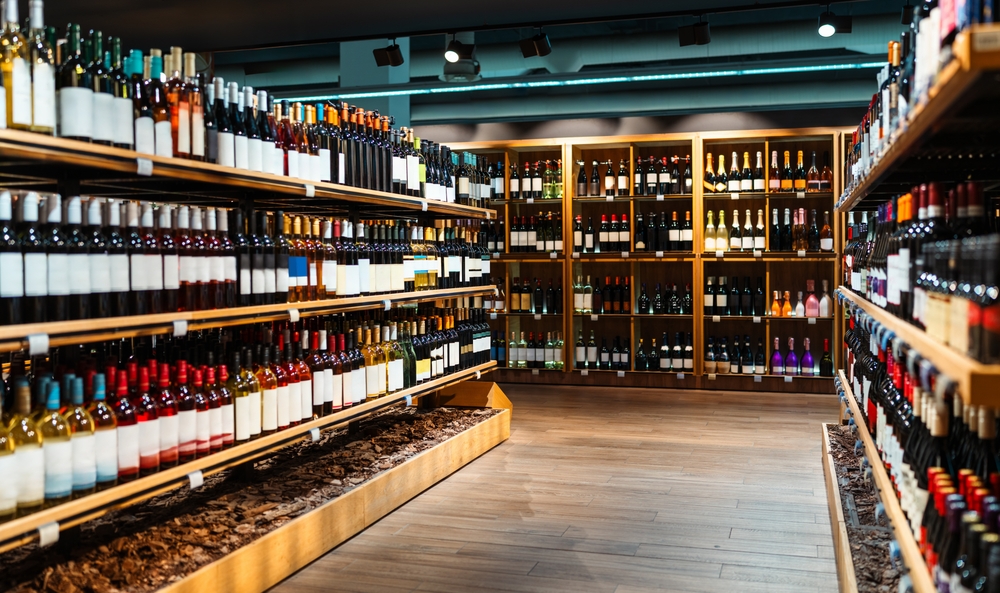Why Your Bar or Lounge Needs Insurance
Bars and lounges are dynamic environments where alcohol is served, crowds gather, and entertainment often plays a central role. This combination creates a number of potential risks:
Customer injuries (e.g., slips, falls, altercations)
Liquor-related liabilities
Damage to property or inventory
Employee accidents or lawsuits
Equipment breakdown or fire damage
Without proper coverage, a single incident could lead to serious financial consequences. Bar and Lounge Insurance acts as a safety net, allowing you to operate your business confidently while protecting your assets.
Key Coverages in Bar and Lounge Insurance
A comprehensive insurance policy for your bar or lounge typically includes several types of coverage. Here are the essential components:
1. General Liability Insurance
This is foundational for any hospitality business. General liability protects against third-party bodily injury and property damage. If a customer slips on a wet floor or claims your security staff caused harm, this coverage can help with legal fees, medical expenses, and settlements.
2. Liquor Liability Insurance
If your business serves alcohol, liquor liability coverage is a must. It provides protection if a patron causes harm or damage after being served at your establishment. Some states legally require this type of insurance for liquor-licensed businesses.
3. Commercial Property Insurance
This protects your physical location and the contents inside—such as furniture, sound systems, kitchen equipment, signage, and décor—against covered events like fire, vandalism, theft, or storms.
4. Assault and Battery Coverage
Altercations and physical confrontations can happen, especially in venues that serve alcohol. This add-on coverage protects against claims stemming from fights, whether involving customers or staff.
5. Workers’ Compensation Insurance
If you employ bartenders, servers, cooks, or cleaning staff, workers’ comp is essential (and legally required in many states). It covers medical bills and lost wages if an employee is injured on the job.
6. Business Interruption Insurance
In the event of a temporary closure due to fire, flood, or other covered disasters, business interruption insurance helps replace lost income and covers operating expenses like rent and payroll.
7. Equipment Breakdown Insurance
Bars and lounges often rely on refrigeration units, HVAC systems, and point-of-sale systems. This coverage can help repair or replace broken equipment quickly, minimizing downtime.
Tailoring Your Coverage to Match Your Bar or Lounge
No two establishments are the same. A downtown nightclub with a dance floor and live DJs has different risk exposures than a quiet wine bar. Your insurance needs will depend on:
Size and location of your venue
Number of employees
Types of alcoholic beverages served
Hours of operation
Whether you offer food service
Security measures in place
Working with a commercial insurance expert can help you build a policy that reflects the specific needs and risks of your bar or lounge. They can also ensure compliance with local regulations and help you meet landlord or lease requirements.
Common Claims Faced by Bars and Lounges
Understanding common risks in the industry can highlight why proper coverage is so important:
Slip and fall accidents: Spilled drinks, crowded dance floors, and dim lighting can create hazards.
Over-serving alcohol: A patron causes an accident or gets into a fight after leaving your bar.
Theft or vandalism: Cash registers, liquor inventory, or décor are stolen or damaged.
Fire damage: A kitchen fire or electrical issue damages your property and forces you to close temporarily.
Employee injury: A bartender cuts themselves or a server slips while carrying drinks.
Having the right insurance in place means you won’t be left covering these costs out of pocket.
Cost of Bar and Lounge Insurance
The cost of Bar and Lounge Insurance varies depending on several factors:
Location and size of the business
Claims history
Revenue and alcohol sales volume
Security protocols
Number of employees
Types of entertainment offered
On average, small bars may pay between $3,000 to $10,000 annually for a well-rounded insurance policy. High-risk venues with large crowds or extended operating hours may pay more. Comparing quotes from multiple providers is the best way to find the right balance between coverage and affordability.
Choosing the Right Insurance Partner
Selecting the right insurance provider can make all the difference. Look for a company that:
Specializes in hospitality or food and beverage insurance
Understands your state’s liquor liability laws
Offers customizable policy options
Has a solid reputation for claims handling
Provides ongoing support as your business grows
Don’t hesitate to ask questions about exclusions, coverage limits, and what’s required by law in your state.
Final Thoughts
Operating a bar or lounge means managing a lively, customer-focused environment—and that comes with its share of risks. A solid Bar and Lounge Insurance policy is not just a precaution; it’s an essential part of your business plan.
By investing in the right protection now, you can focus on what matters most: creating a great experience for your customers while keeping your business secure and compliant.







